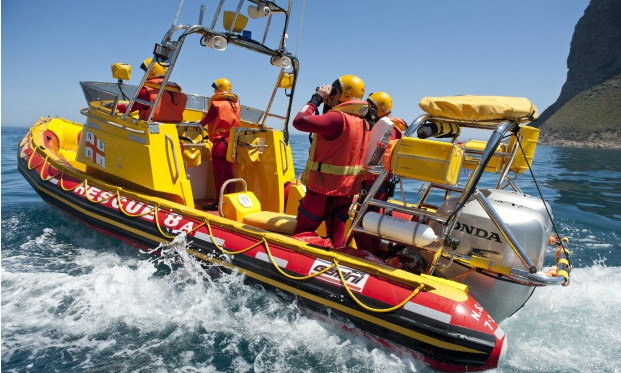The National Sea Rescue Institute (NSRI) is a charity who respond 24 hours a day, 365 days a year, to save lives on South African waters. Established in 1967, the organisation now has over 1000 unpaid volunteers across 31 locations.
Requirements
The NSRI base in Port Elizabeth required an improved access control system, which would enable their offsite control room to allow the rescue team to gain access to the building during a rescue operation, reducing the time required to respond to an emergency situation.
Solution
Anton Lamprecht, of Mars Technologies, specified Paxton’s Net2 access control system to meet the NSRI’s requirements. Net2 is a user-friendly and flexible networked access control system, designed to make the management of any building straightforward. Easy to use and with a range of features, it moves beyond the basics of controlling the flow of people around a building, offering benefits such as building control and system integration. The Net2 system is easily scalable making it perfectly suited to a large organisation like the NSRI, as it enables multiple sites to be managed remotely from one central location.
A KP-50 Proximity keypad has been installed on the main door to the site. This allows access to authorised personnel only, when a valid token or PIN is presented. The Net2 software has been installed on one PC, which is managed by a single administrator and an additional four users have been given the necessary permissions to grant access remotely during an emergency situation.
Stefan van den Berg, NSRI Port Elizabeth Crewman, says: “The Net2 software is very user friendly and easy to configure. It took me only 30 minutes to feel confident managing the new system.”
Result
The new Net2 system now allows the NSRI Port Elizabeth crew to respond in emergency situations quickly, as they no longer need to wait to gain access to the site. With over 643 rescue missions carried out by the entire organisation over the last two years, any time that can be saved during an emergency can help reduce the risk of fatalities.
The team at Port Elizabeth now have plans to develop their new system, including an alarm integration for remote deactivation during sea rescue emergencies, and time-based access permissions, to improve the smooth running of day-to-day operations.



